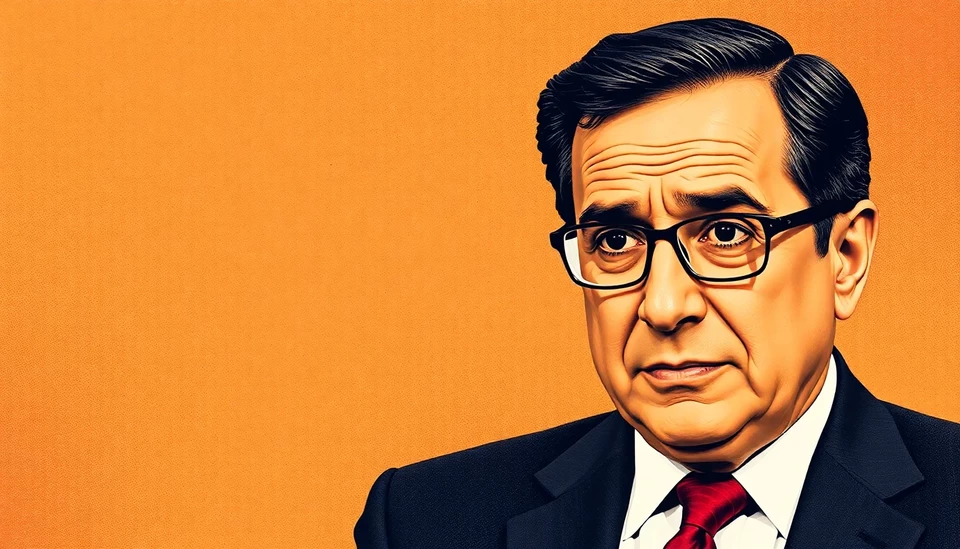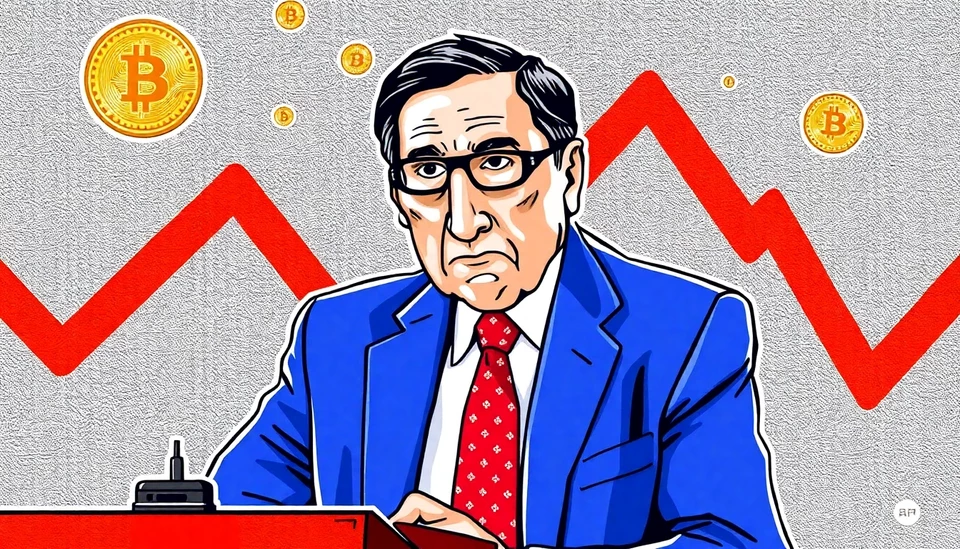
In a recent episode of the Odd Lots podcast hosted by Joe Weisenthal and Tracy Alloway, renowned economist Nouriel Roubini shared his perspectives on a range of pressing topics concerning the current state of the economy and its future trajectory. Roubini, well-known for predicting the 2008 financial crisis, delved into the intricate dynamics of global finance, inflation, and the geopolitical landscape that shapes economic policies.
Roubini started the discussion by highlighting the ongoing challenges posed by high inflation rates, which have proven to be more persistent than many analysts had anticipated. He articulated that inflationary pressures are being driven not only by the aftermath of the pandemic but also by broader systemic issues within supply chains and energy markets. Roubini pointed out that central banks' responses, including interest rate hikes, need to be carefully calibrated to avoid triggering a recession while attempting to combat inflation.
Shifting the focus to the geopolitical risks that are intertwined with economic trends, Roubini underscored the significance of the current tensions between major powers, particularly the U.S. and China. He expressed concern that these escalating tensions could have dire implications for global trade and investment. According to Roubini, the possibility of a decoupling between the world's two largest economies presents a serious risk to the stability of the global economic framework. Trade policies and tariffs could further exacerbate the inflationary spiral if left unchecked.
The podcast dialogue also examined the ever-evolving landscape of technology and its impact on the labor market. Roubini believes that advancements in technology, especially AI and automation, will not only reshape job markets but also deepen existing inequalities. He stressed the importance of developing policies that can mitigate these effects and prepare the workforce for a future where digital skills become paramount.
Roubini did not shy away from discussing the implications of climate change on the global economy. He believes that as environmental challenges intensify, they will compel governments and corporations to act, which could result in significant economic shifts. The economist argued that investment in green technologies could open new avenues for growth but cautioned that the transition must be managed carefully to avert economic shocks.
Looking ahead, Roubini provided his outlook on potential economic scenarios that might unfold in the coming years. He warned against complacency amidst current economic recovery efforts, emphasizing the need for a proactive and strategic approach from policymakers. The risks of stagflation—characterized by stagnant growth and high inflation—remain a critical concern, requiring vigilance and adaptability from both governments and financial institutions.
As the podcast wrapped up, Roubini left listeners with a thought-provoking perspective on the intertwining of the economy with broader global issues, urging for comprehensive strategies that account for both immediate economic needs and long-term sustainability. His insights serve as a reminder of the complexities that define our current economic landscape and the significance of informed policy decisions in navigating it.
In summary, Nouriel Roubini's contributions to the Odd Lots podcast have shed light on an array of challenges facing the global economy, highlighting the need for meticulous policy-making that addresses both current pressing issues and future uncertainties.
#NourielRoubini #Economy #Inflation #Geopolitics #TechImpact #ClimateChange #Stagflation #EconomicOutlook
Author: Daniel Foster
